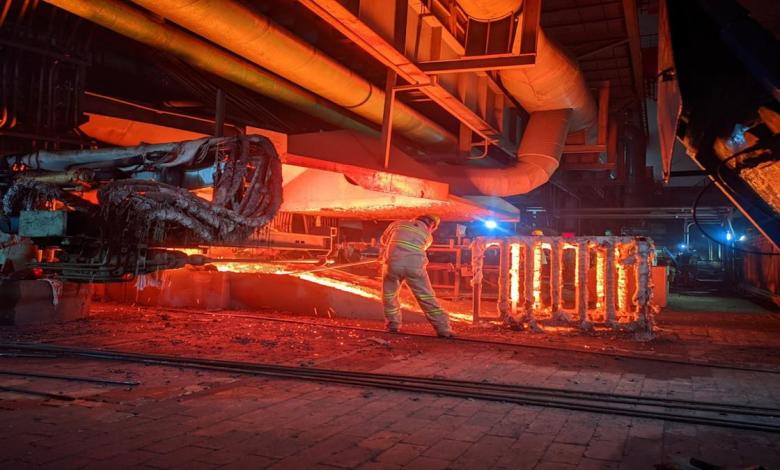Indonesian nickel production disruptions cause supply problems

According to reports Bloomberg.
The incident raises concerns about the safety of the high-pressure acid leaching (HPAL) method used in nickel extraction and the future of key supply sources in the battery industry.
Although HPAL is cost-effective and less carbon-intensive, it has almost twice as tailings and requires careful waste management to avoid production disruptions.
Traders, traders, reported that the landslide occurred in tailings areas related to PT QMB new energy materials. The incident resulted in two deaths and a missing worker.
Nearby nickel producers also reduced their output, although they would rather remain anonymous due to the sensitivity of the information.
Indonesia is responsible for more than half of global nickel production, and if such disruptions continue, it faces global supply risks, which is worrying for battery manufacturers.
QMB’s largest shareholder, Gem, responded Bloomberg Inquiry, it pointed out that production declines were due to scheduled maintenance and national holidays rather than landslides.
Park manager PT IMIP confirmed the landslide and casualties, but denied any disruption in output, attributed the incident to prolonged heavy rain.
Nickel traders in Southeast Asia and China expressed concern about the possibility of repeated disruptions, especially as HPAL adoption grows, which allows for the use of lower grade ore for metal extraction, but produces a large amount of waste.
Over the past five years, Indonesia has opened about ten HPAL factories, and China’s investment and expertise have played an important role.
The rise of HPAL plants and associated waste management challenges may restore attention to environmental and safety standards.
There have been several accidents in Indonesia’s metal sector since the rapid expansion of the nickel industry began a decade ago. The worst was that the smelter explosion in 2023 killed 21 workers.
“These issues should not be considered isolated cases of different companies. They reflect broader industry issues,” said Putra Adhiguna, managing director of the Australian-based Energy Transfer Institute.
PT IMIP announced measures to raise standards and reduce geological disaster risks, including land reclamation, upgrading and afforestation.
Despite these efforts, the full impact of current production losses remains uncertain.


